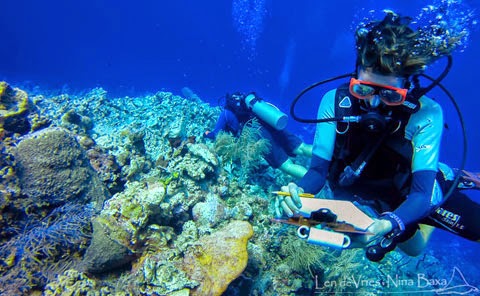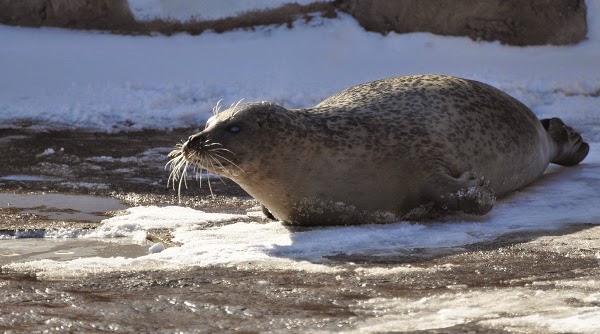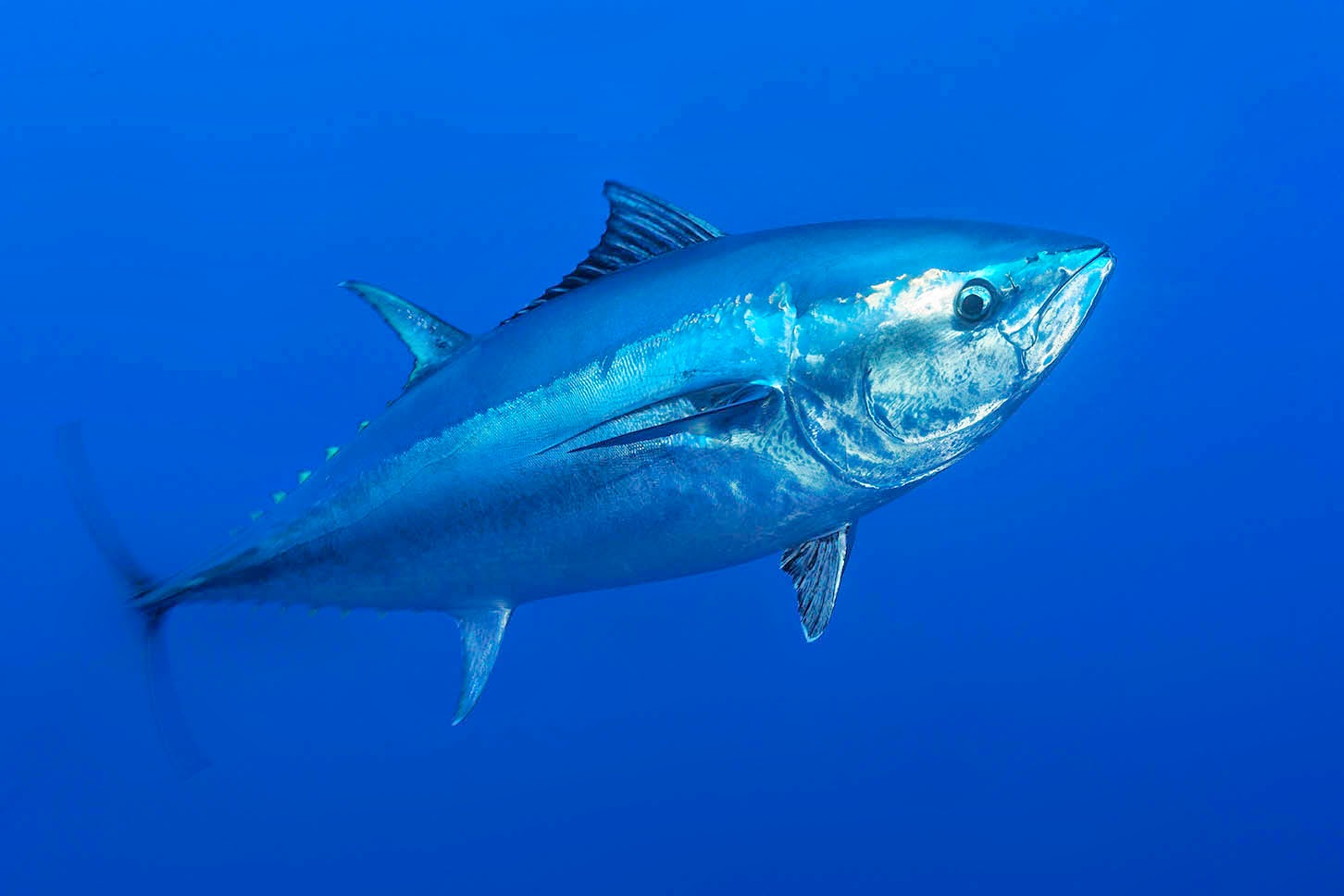Antarctic glaciers are melting faster than expected because of warm water washing up against the Antarctic ice sheet, which contains about 70% of the world’s fresh water. The result of this process could be the release of a vast quantity of water, triggering a significant jump in global sea levels and endangering coastal populations. If the ice sheet were to melt completely, sea level is estimated to rise 16 feet. Read more…
No one will be held accountable for an incident that led to severe damage of an untouched coral reef by a Carnival cruise ship anchor in Grand Cayman earlier this year. The damage occurred when a Carnival Magic cruise ship was directed by a shipping agency to anchor outside the public port anchorage. Although it’s impossible to put a value on the reef, damage is estimated at between $1.3 million and $14 million. Environment officials “hope” the entities involves will help support the recovery effort that is underway. Read more…
U.N. climate talks achieved little this week, with developing nations demanding that rich nations do more to cut emissions, while developed nations, led by the U.S., claimed they were doing enough. The lack of consensus and progress comes as crucial evidence continues to pile up on the increase in global warming. Read more…
5. Arctic Ringed Seals Could Get New Protected Habitat
Egypt’s development of a second “lane” in the Suez Canal and widening of the existing channel could cause an influx of invasive species, resulting in serious harm to the marine ecosystem. About 350 non-indigenous species have entered the Mediterranean through the Suez Canal already, including the destructive silver-cheeked pufferfish. Read more…
Traces of personal care products have been detected in the waters around two Antarctic research stations, as well as in clams, fish, and sea urchins in the area. The study by New Zealand scientists suggested that predatory species like seals could be affected if they eat the contaminated fish. Waste from these research stations is released directly into Antarctic waters, some of it untreated. Read more…
Be sure to “LIKE” http://facebook.com/SeaSave to ensure our “Week in Review” is delivered to your newsfeed every Thursday.
Sea Save Foundation is committed to raising awareness of marine conservation. The Week in Review is a team effort produced by the Sea Save staff to provide a weekly summary of the latest in marine research, policy, and news.













